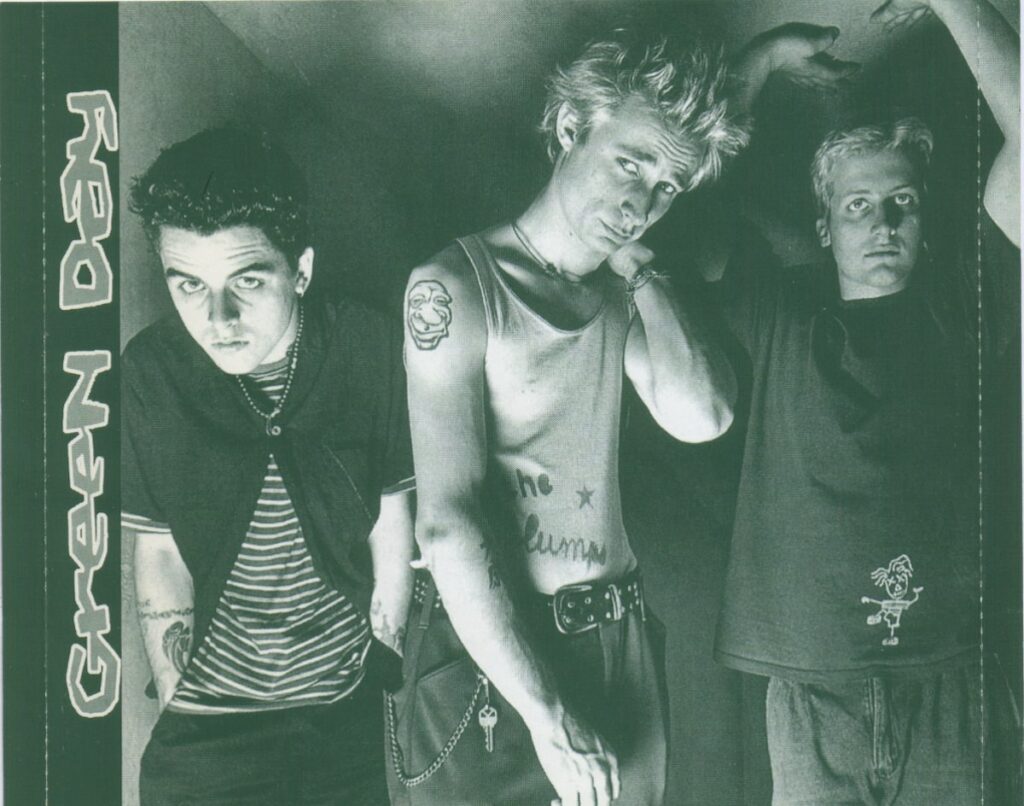How Green Day Got Their Name

Green Day, a name synonymous with punk rock rebellion and anthemic melodies, has a less-than-mysterious origin that’s as blunt as their music is direct. The moniker, derived from a slang for idling one’s day away with cannabis, mirrors the band’s early ethos and unapologetically bold identity.
Formation and Early Days
The story of Green Day begins in the East Bay of California, where a 15-year-old Billie Joe Armstrong and Mike Dirnt, fueled by raw energy and a shared passion for music, formed a band initially known as Blood Rage, and soon Sweet Children. The year was 1986, and the duo’s dreams were as high as the culture they were immersed in.
The Name Change
As Sweet Children carved out a niche in the local scene, a potential conflict arose (not to mention the band didn’t like their name, as they got older). The presence of another local band, Sweet Baby, prompted Lookout! Records executive Larry Livermore to suggest a name change to avoid confusion.
The result? A nod to their laid-back, pot-centric days: Green Day.
A Stupid Name?
Billie Joe Armstrong showcased his flair for self-critique during a VH1 “Behind the Music” episode in 2001, where he dubbed Green Day “the worst band name in rock.” There, he also mentions getting high and writing a song called “Green Day,” which I have not been able to find a recording of. See that full episode here, courtesy of Redditor u/thirdbeatred (11:17 for the band name discussion).
Billie Joe apparently didn’t know that there were many worse band names than Green Day that would eventually make waves.
The Stoner Ethos
Long before “Basket Case” and “When I Come Around” cemented their place in punk rock history, Green Day’s essence was deeply rooted in the stoner culture that inspired their very name.
Their breakout album Dookie, still on the horizon, would eventually echo this ethos with tracks that encapsulated the band’s carefree and rebellious spirit.
It was this very lifestyle of indulgent idleness and subversive relaxation that informed their early work, laying the groundwork for a career defined by an authentic, insurgent identity.
Green Day’s name encapsulates the band’s origins in the counter-culture of their youth, reflecting the unfiltered creativity and youthful defiance that would mark their place in punk rock history.